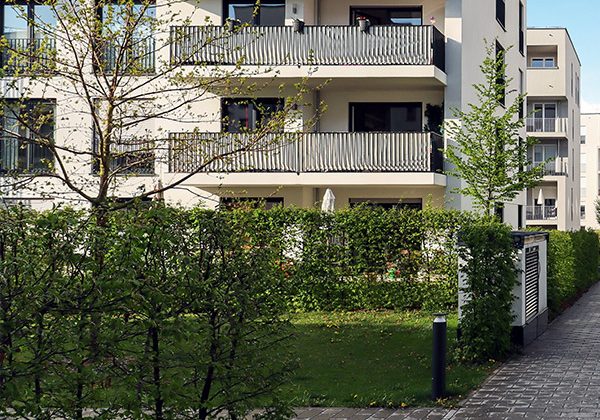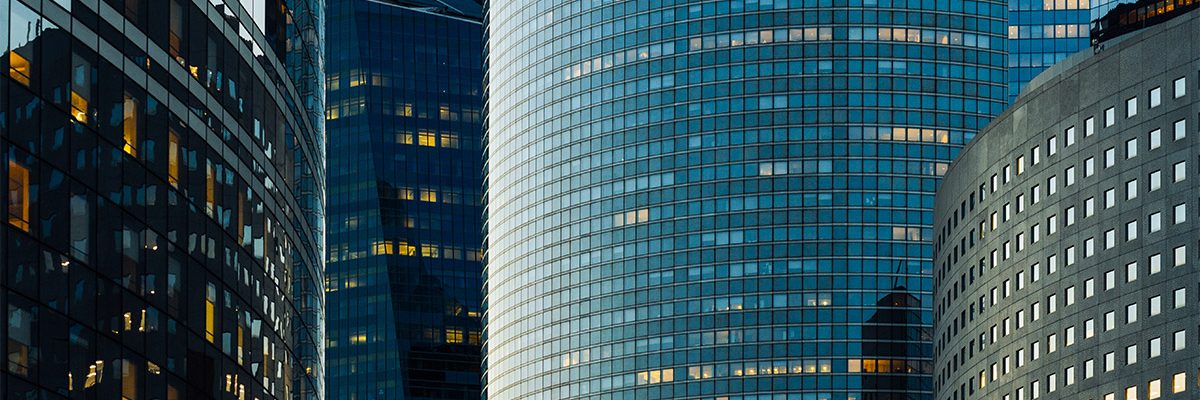THE SUSTAINABLE BUILDINGS SEPP
A policy designed to deliver sustainable buildings while working towards the goal of achieving net zero emissions in NSW by 2050.
What is the Sustainable Buildings SEPP?
The Sustainable Buildings SEPP is an innovative initiative by the NSW Government to enhance sustainable building practices in the state. As the first of its kind nationally, it demonstrates NSW’s commitment to sustainable development and prioritizes the environment in all construction efforts.
Covering all types of buildings, from homes to commercial structures, the policy ensures that sustainability principles are integrated into every project. By incorporating BASIX and updating standards to meet evolving environmental needs, the government aims to raise the bar in terms of performance targets and bridge the gap between design and operational building performance.
When did the Sustainable Building SEPP come into effect?
The policy applies where a Development Consent Applications lodged after 1 October 2023

MAIN FEATURES
Updates to BASIX online tool;
- Materials index calculator for embodied emissions;
- Increased energy and thermal performance standards (except of homes in North Coast climate zones and small apartments up to 5 storeys across NSW)
Councils cannot set higher standards than those included in SEPP in NSW
All new buildings over $5m & major renovations over $10m:
Any new non-residential development with a capital investment over $5 million or major renovation with a capital investment over $10 million must comply with general provisions (C2) and requirements to disclose embodied emissions (C3);
Large Commercial
Additional Energy and Water standards (NABERS) will apply to Large Commercial Development defined as;
- Offices with a Net Lettable Area (NLA) greater than 1,000 square meters;
- Hotels and Motels with more than 100 rooms; &
- Serviced Apartments with more than 100 apartments.
- Large commercial developments & some state significant developments need to demonstrate net zero capacity and offset any onsite fossil fuel use and any performance gap in operational energy.
Concessions
Class 3 off campus student accommodation and co-living developments as defined in the State Environmental Planning Policy (Housing) 2021, Chapter 3 Diverse Housing, Part 3 Co-living Housing (not classified as non-residential) are currently exempt from the Sustainable Buildings SEPP.
Contact us to discuss your project
Aspire Sustainability Consulting can assist your project through the delivery of:
- BASIX Certification
- Section J Compliance
- NABERS Energy Commitment Agreements
- NABERS Energy Operational Ratings
- NABERS Water
- Embodied Emissions Reporting
- Net Zero Carbon Action Plan




